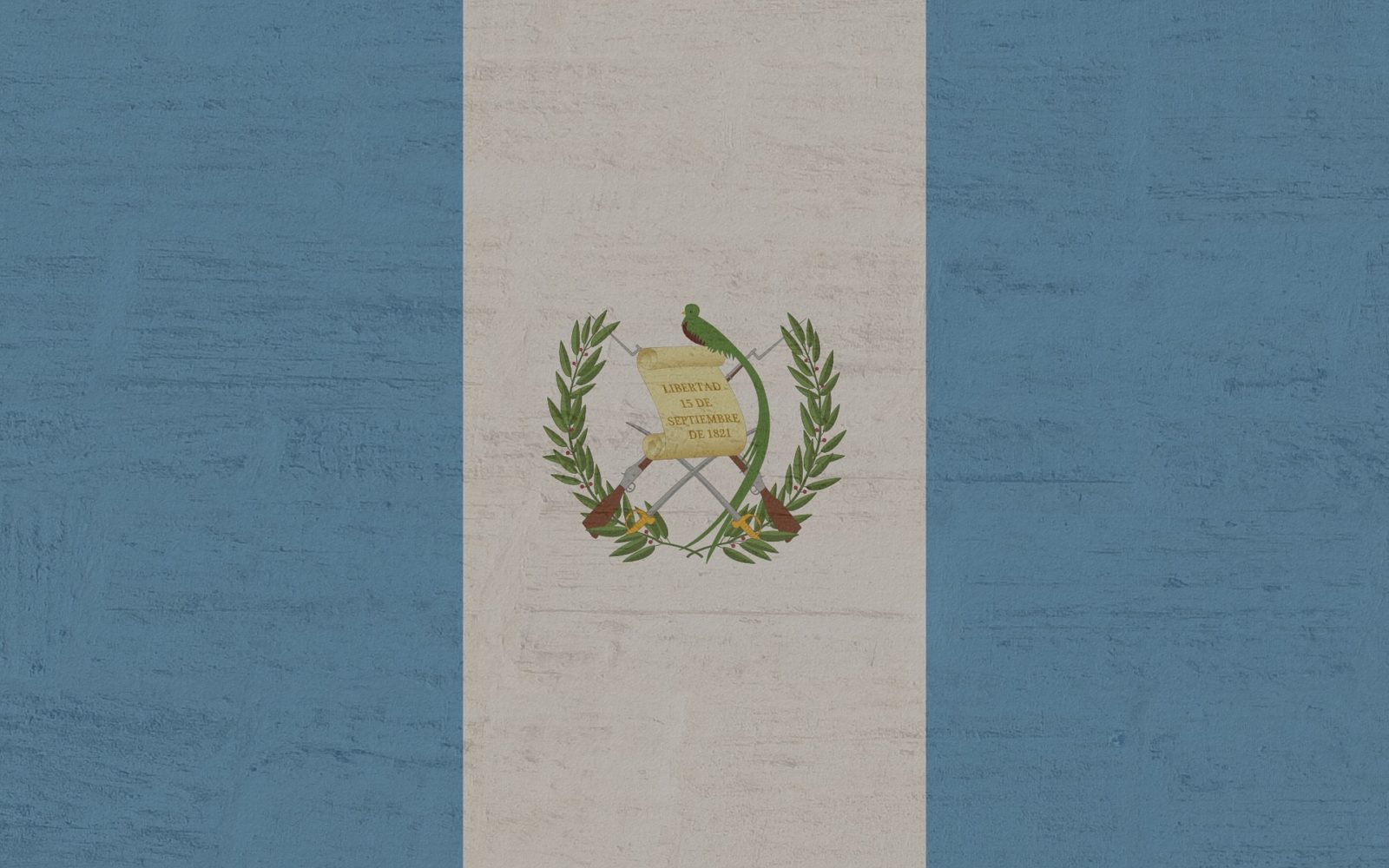
This article first appeared in República on November 6, 2021.
This Friday authorities revealed the corruption case in the National Institute of Seismology, Volcanology, Meteorology, and Hydrology (Insivumeh) for the purchase of meteorological equipment for about Q30 million.
The Public Prosecutor’s Office (MP) investigations revealed irregularities in the awarding of the nine events for the acquisition of this equipment. Among the anomalies, political and power influences between a congressional advisor, a congressman, and Insivumeh authorities stand out.
They also state that Insivumeh authorities made modifications to the budget to allocate funds for the meteorological equipment, without any justification during the time of the pandemic.
Ten facts about the Insivumeh corruption case
Searches and arrests
– Authorities carried out 36 raids in Guatemala, Sacatepéquez, and Santa Rosa. During the proceedings, 18 suspects were captured and 10 persons were fugitives.
– The corruption case was reported on November 21, 2020.
– The investigations revealed that the deputy facilitated the contract for consulting services to relatives and acquaintances of a political party. The award to the mercantile entity linked to the congressman and his relatives amounted to Q21 million.
– In addition, a contract for Q1.9 million was awarded to another commercial entity linked to the wife of an advisor of a congressman.
– Likewise, during the investigation of the MP it was established that there were political and power influences between the lawyer Sabrina María Veliz Castañeda, parliamentary advisor of the legislative block Prosperidad Ciudadana and advisor to the direction of Insivumeh.
Budget modifications and corruption case
– Yeison Samayoa Veláquez, director of Insivumeh, is suspected of using his position to modify the budget through Decree 20-2020.
– The modifications authorized by the director of Insivumeh included Q30 million destined to purchase a radar to upgrade the meteorological network, without any justification during the time of the pandemic.
– The modification to Insivumeh’s National Procurement Plan for the nine contracting events was made in an unjustified manner to benefit in an artificial, fraudulent, and illegal way.
– Also in the investigation it was established that trickery was used to manage the awarding of public events to commercial entities—the aforementioned without having the necessary experience and non-compliance with requirements.
– In addition, the contracts were approved by the director of Insivumeh and endorsed by the Minister of Communications, Infrastructure, and Housing (CIV) of that period. The nine awards caused significant damage to the patrimony of the State of Guatemala for Q28 million.














